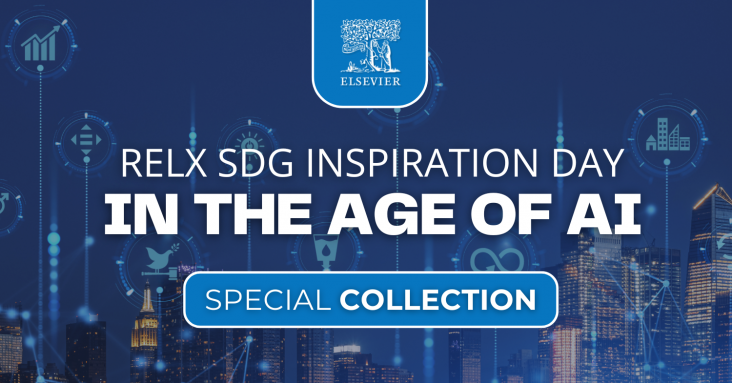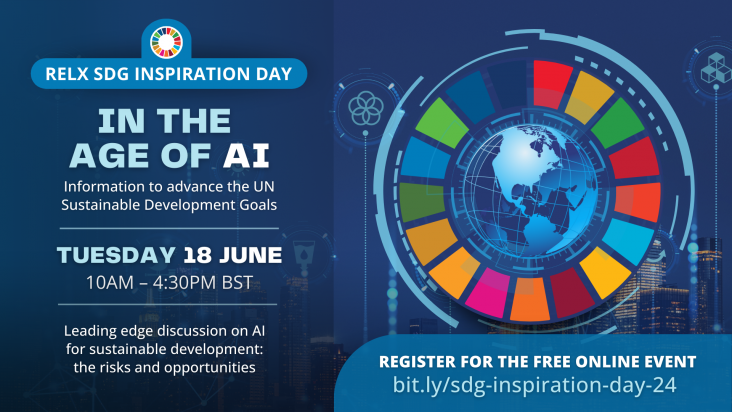
Recognising our customers' exceptional work to achieve the UN Sustainable Development Goals.
In this study, the authors map the projected changes in water availability onto the components of the food-water-energy Nexus at several spatial scales. Resilience thinking acknowledges the different spatial scales at which governance operates, resilience occurs, and Nexus systems function.
The purpose of this scoping review was to determine the extent to which accessibility and acceptability of federal food assistance programs in the United States have been evaluated among indigenous peoples and to summarize what is currently known. Overall, it was found that little attention has been paid to the accessibility and acceptability of federal food assistance programs among indigenous peoples and more research is needed to understand and improve the participation experiences and health trajectories of these priority populations.

This year’s RELX SDG Inspiration Day will bring together global AI leaders, corporate representatives, investors, government, and NGOs to explore issues, gain practical insights and be inspired to take action in support of the Global Goals. Elsevier is proud to share this special collection of articles and chapters in celebration of this event.
Elsevier,
Future Food Systems:Exploring Global Production, Processing, Distribution and Consumption, 2024, Pages 177-190
This chapter advances the UN SDG Goal: Zero Hunger

In this episode of the "World We Want" podcast, Márcia Balisciano interviews Marty Odlin, Founder and CEO, Running Tide. They discuss Running Tide's business model and how it plans to mitigate ocean acidification while remaining self-sustainable in the long run.

RELX SDG Inspiration Day 2024: Leading edge discussion on AI for sustainable development: the risks and opportunities
The tenth RELX SDG Inspiration Day - a free, online event for thought leaders, corporate representatives, students, investors, government and NGOs to explore issues, gain practical insights and be inspired to take action in support of the UN Sustainable Development Goals.

AI holds tremendous potential for advancing the United Nations Sustainable Development Goals (SDGs). AI, particularly generative AI, provides new opportunities to analyse data and trends at pace a
The study forecasts AI-based innovation's impact on SDGs in 22 countries from 2022 to 2030 using System Dynamics Modeling. In most of the 22 countries studied, AI-based innovation positively affects SDGs 1, 3, and 5. For half of the countries studied, AI-based innovation positively influences SDGs 2, 4, 6–8, 11, 13, and 16–17. AI-based innovation does not positively influence SDGs 10, 12, 14–15 for most countries studied.

